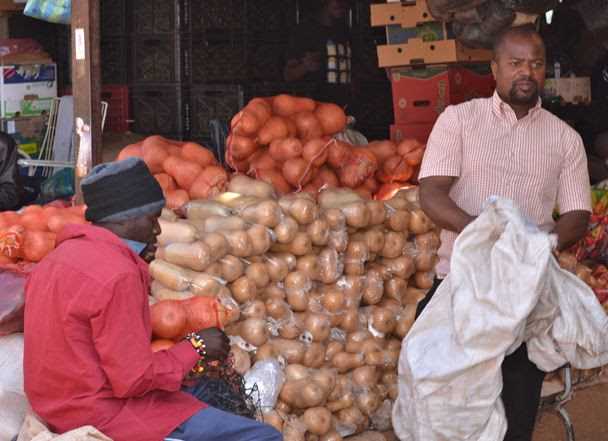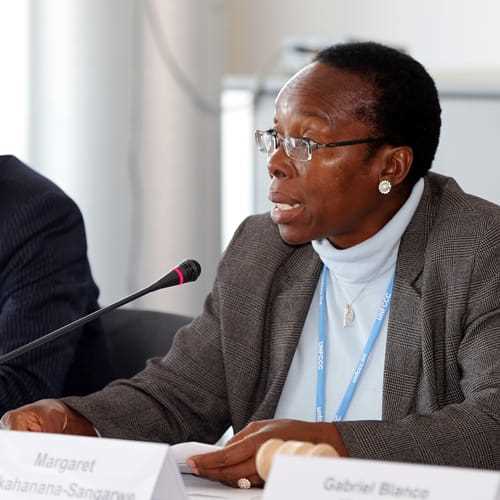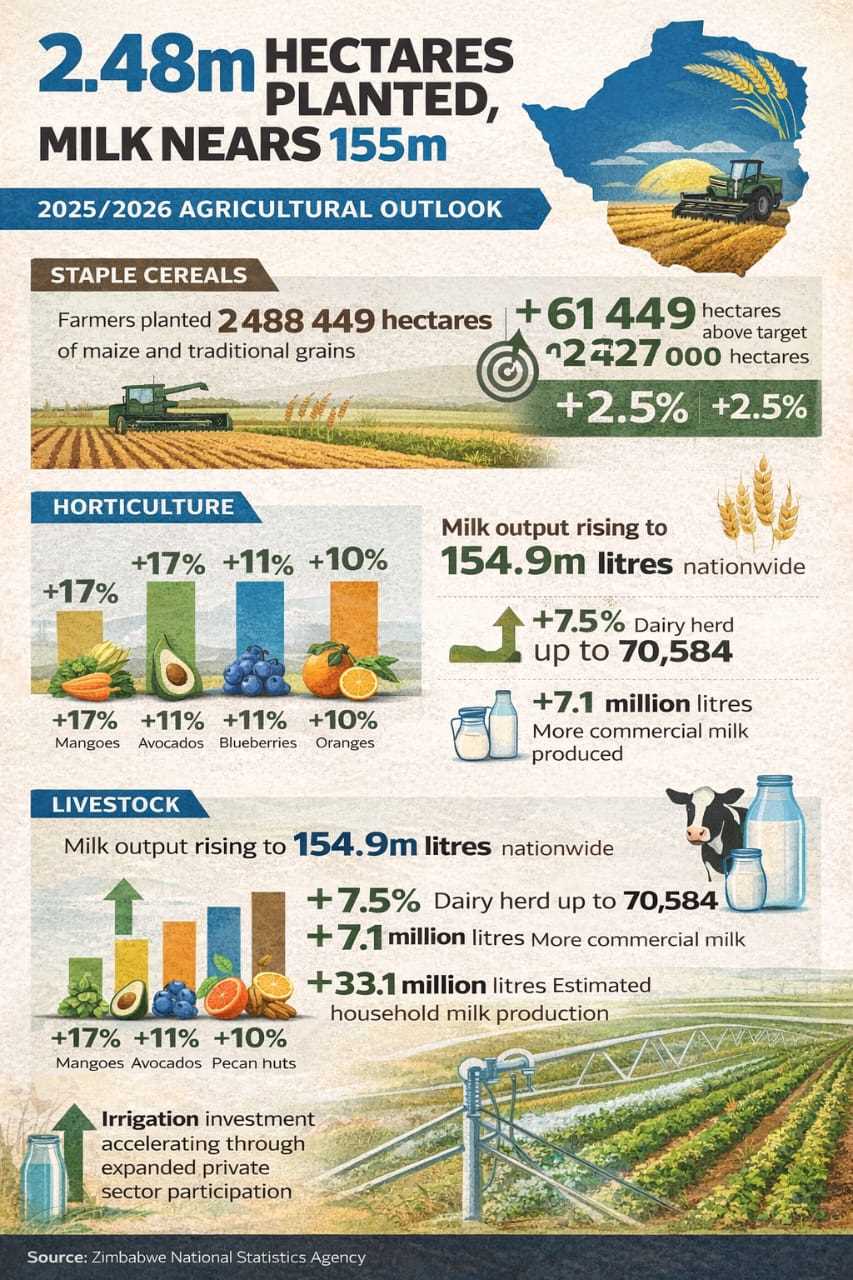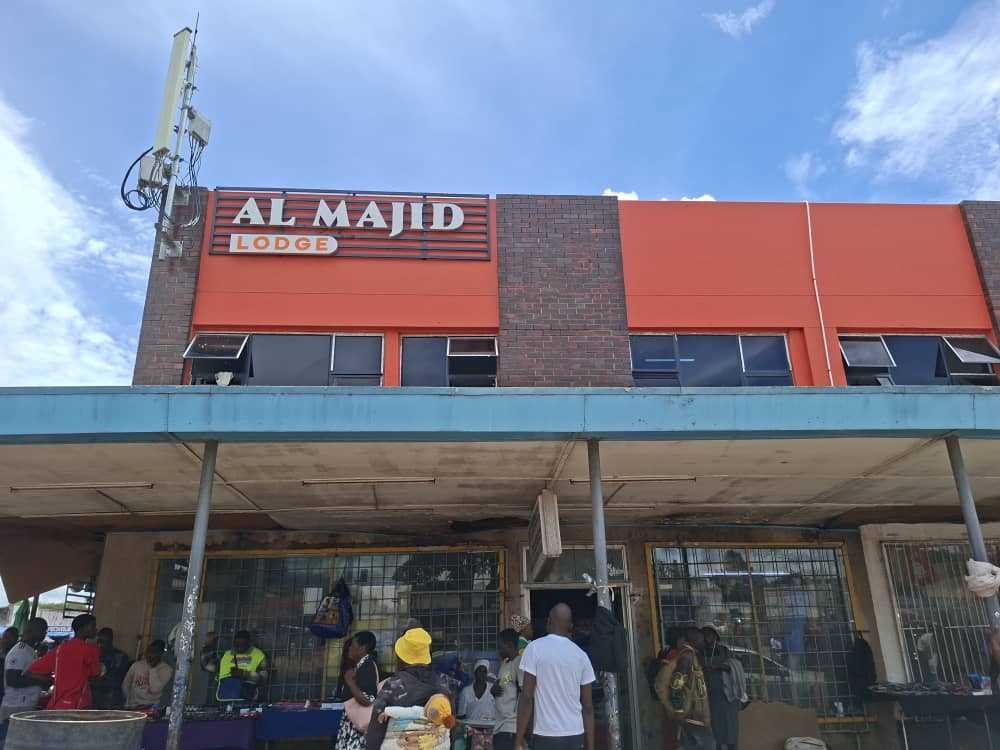
Charles Dhewa
Avenues for preparing young people to be future food producers and agricultural entrepreneurs are yet to be clearly developed and resourced.
Tying agriculture with tertiary education
Youth who have gone into agricultural colleges have obviously been driven by passion to train as agricultural professionals and participate in feeding Africa.
Investment in agricultural education is wasted if graduates like agronomists, livestock specialists and agricultural economists are not given opportunities to apply their knowledge.
This can be corrected through viable options for promoting agriculture-related entrepreneurship through availing land and other resources to students who are still in college or university.
The students will do their practical exercises and internships on farms where they commercially produce commodities that can even pay part of their fees or offset loans extended to them through government loan programs.
This can evolve into a unique model for colleges and university graduates where they will be offered land as a fluid resource while they are still in college.
With guidance from the market, the students can use the land to produce what is needed by the market and then pay back their loans using proceeds from their farming ventures.
That way, at the time of graduation, they are already managers and agricultural entrepreneurs.
The government can offer students loans on the basis that the students will produce and use income from agricultural commodities to repay loans.
This solves the current headache where governments provide student loans yet there is no employment that will enable graduates to repay loans after leaving college. If carefully done, this model will buttress government safety nets.
Passion and culture
Africa is fortunate to have many young people with passion to independently venture into agriculture.
Much of their passion has been built over time due to involvement in agriculture as they grew up acquiring vast knowledge and skills to produce specific value chains.
Those who grew up in tomato, fruit or livestock production areas have developed deep passion and endurance to take these value chains forward in transforming their communities.
Young people need access to land for data based development
However, without land such knowledge and passion remains untapped.
According to young people, the most critical first step is profiling new land owners or users to inform downsizing of farms into different sizes so that young people get space.
This has to be accompanied with preliminary assessments from a market and value chain perspectives.
Besides guiding policy makers, user profiles will assist new farmers to get into different kinds of leases and land utilization structures.
Opportunity to curb assumption-driven food production
Related Stories
For decades, farmers have just been using what is available.
The rainy season is just about production irrespective of who needs what is being produced.
In some cases, contractors are taking advantage of farmers who do not have resources like inputs yet the most important resources are natural resources like fertile soils and water.
Under-utilization of resources also results from the fact that farmers use their resources to produce what is not required by the market, leading to wastage of land, water, labor as well as production of commodities with low quality, wrong varieties, volumes and tastes.
As long as they are fully informed that they will get the best from their commodities, farmers will use their resources to transform themselves. Most natural resources are idle due to lack of information and knowledge on what to produce, for whom and when?
African countries and policy makers should not blame farmers and rural people for under-utilizing resources like land and water when they have not developed systems that can inform farmers and communities on what to produce, for whom and when?
That is why most resources such as land, water, technical skills and others are lying idle. Using their energy and knowledge, young people can easily change this situation provided they are given the right resources at the right time.
Others professionals want in on agriculture
For countries like Zimbabwe in which agriculture is the main economic driver, creating space for young people in the agriculture sector is long overdue and evolving into a time bomb if not urgently addressed.
Putting young people in the lead will address cases where African agriculture has been driven by assumptions for many years.
In addition, Africa has many professionals with interest to invest in agriculture.
Their passion and commitment are evident in risks they take by getting into informal lease agreements with resettled farmers.
This category includes accountants, lawyers, pensioners and others who have acquired resources in other field but now want to invest in agriculture.
These could be more interested in producing for specific markets including the diaspora.
charles@knowledgetransafrica.com / charles@emkambo.co.zw / info@knowledgetransafrica.com
Website: www.emkambo.co.zw / www.knowledgetransafrica.com
mailing address: operations@knowledgetransafrica.com




















Leave Comments